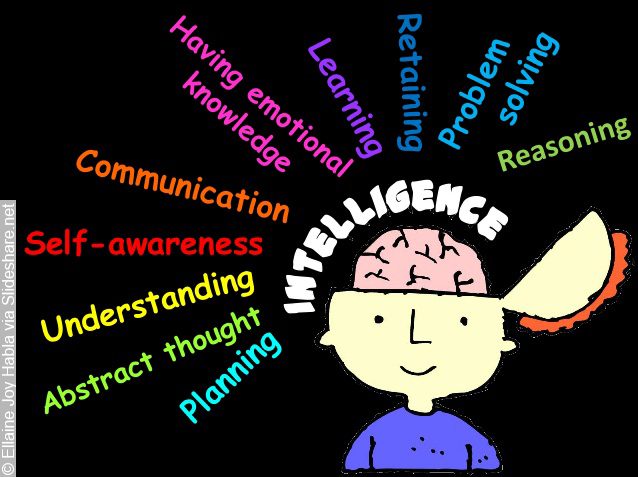For many parents, myself included, taking a step back and allowing nature to develop our kids is difficult. We are filled with anxiety that they are missing out or will be left behind by their peers, when in fact a child’s calling lies in identifying their signature strengths; the child leads and not the parent.
I have been wondering how to discover my children’s calling in life, how I can best help them to do what they are born to do, after reading a fantastic post in the New York Times. How to Raise a Creative Child. Step One: Back Off articulates the balance required between equipping your child with the correct tools in their early life to enable them to flourish in later years, as opposed to ensuring they are masters of the trade you choose for them by eight years of age.
The article talks about child prodigies rarely becoming adult geniuses who change the world, and I fully support this observation. Whilst these child prodigies should be well placed to solve many of the issues in the world, instead they become the best employees; they are victims of what parents and society at large think is right and of a schooling system that makes subservient kids who lack the creativity of a real world changer, or a child who becomes an employer rather than an employee. There was a great talk given by Seth Godin at a TEDxYouthDay event (TED is devoted to spreading ideas in the form of short, powerful talks) entitled Stop Stealing Dreams, which asks What is school for?, and is a good starting point if you want to be motivated to develop a creative child.

A parent’s view of what they think may be right for their child’s development may very well be right, but in many cases the parent is not reading the signals correctly. For a child to reach their full creative freedom, enjoy and have passion for what they do, each parent must do two things:
- Identify a child’s Signature strengths
- Understand the real meaning of Intelligence Quotient (IQ).
Signature Strengths refer to the character strengths that are most essential to who we are. In addition, they are the strengths that usually (but not always) come up toward the top of anyone’s profile assessment. In its basic form these are what your child will find energy building and not energy destroying. Dr Martin Seligman who is the leading light in this field, found that human abilities fall into certain categories. He defined them as:
- Wisdom and knowledge: this includes curiosity, love of learning, sound judgement, and social intelligence
- Courage: this includes perseverance and integrity
- Humanity: this deals with capacities for kindness and the expression of mercy
- Justice: the ability to bring about fairness and leadership
- Temperance: this includes qualities like self-control, prudence, humility
- Transcendence: the appreciation of beauty, the expression of gratitude, the ability of hope, the capacity for joy
Each of us and our kids have the ability for every one of these strengths, but only a few of these signature strengths resonate deep within your child and yourself. To really help your child to grow and create you need to identify these strengths, fill them with passion for things that will help them enjoy what they do, thus freeing them to be creative rather than perfectionistic.
To gain more understanding of Signature Strengths visit the Authentic Happiness website where you can take the signature strengths assessment.
Part two of this post will following in the next blog post on A Child’s Calling: Multiple Intelligences, not Intelligence Quotient (IQ).


